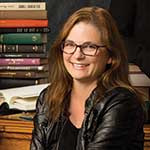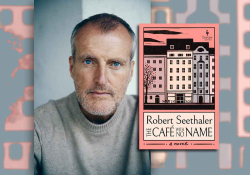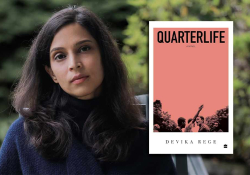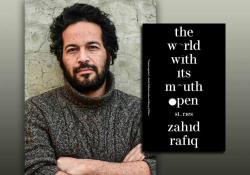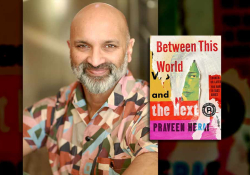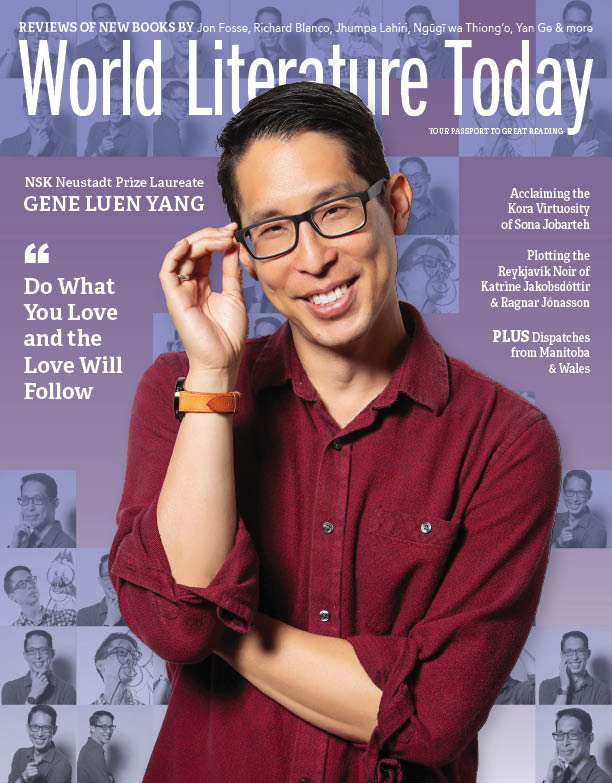5 Questions for E. J. Koh
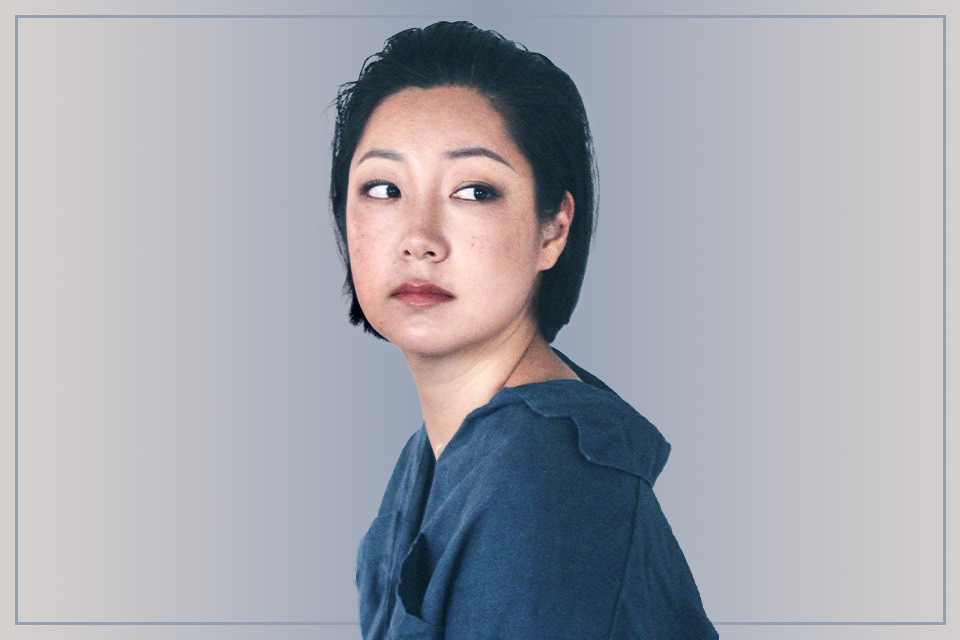
In E. J. Koh’s debut novel, The Liberators, the lives of two families over four generations play out against the backdrops and legacies of Japan’s occupation of Korea and the Korean War. Guards, prisoners, lovers, parents: multiple voices across decades and continents tell stories of love and liberation and hold differing opinions on Korean reunification.
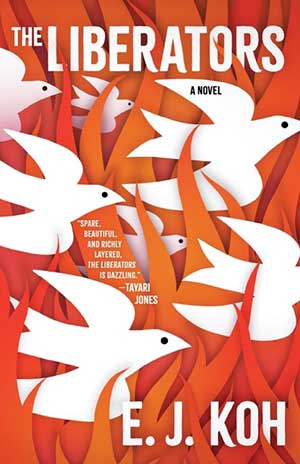 Q
Q
Masie Cochran, the Tin House editor with whom you worked on the novel, said in the Zoom event that you don’t mind “killing a darling,” something famously difficult for writers to do. Were there any characters in The Liberators that got cut along the way? Do you still think of them?
A
Don Mee Choi has taught me, through the mode of translation, to bridge histories and create pathways toward unsettled, unsafe truths. In a way, my characters bridge histories and create pathways—so those characters that might not appear still have their ideas on the page. The bridge between the characters stays powerfully connected from one revision to another.
Q
A few years ago, I remember seeing a project that has since intrigued me. You wrote thousands of love letters to strangers by hand. Why did you undertake this project, and how did it affect you?
A
In 2016 I was heartbroken over my work and decided to give up on writing. But I put out a call online—I would write one thousand love letters to strangers. The next day, I found requests from all over the world. For me, what I longed for through words was human connection. By some magic, I was able to complete a poetry book and memoir, and now I’m so grateful to share this novel with you.
Q
Which authors are you most excited about reading at the moment?
A
Those not to be missed—Dictee, by Theresa Hak Kyung Cha; The Future of Silence: Fiction by Korean Women, translated by Ju-Chan Fulton and Bruce Fulton; Grass, by Keum Suk Gendry-Kim, translated by Janet Hong; Memories of My Ghost Brother, by Heinz Insu Fenkl; DMZ Colony, by Don Mee Choi; How I Became a North Korean, by Krys Lee; Autobiography of Death, by Kim Hyesoon, translated by Don Mee Choi; Cursed Bunny, by Bora Chung, translated by Anton Hur; I Hear Your Voice, by Kim Young-ha, translated by Krys Lee. Films, alongside Bong Joon Ho’s Parasite, would be Poetry, directed by Lee Chang-dong, and No Regret, directed by Leesong Hee-il.
Q
Where are your favorite spots in Seattle?
A
Tai Tung’s pea shoots—young, tender vines with tips curling like ribbons—gave me respite during my doctoral research. It was here at Seattle’s oldest Chinese restaurant, Bruce Lee’s regular spot and historical local hangout, that my dissertation came together. The generosity of pea shoots helped me, after the completion of The Liberators and six years of research, to recognize the compassion, kindness, and loving perception I longed for—a place where one does not have to give up on happiness.
Q
What culture offerings or trends are you most interested in (or concerned about)?
A
I realized over again that reading and writing are the things that teach me it is impossible to be alone. Even in times of great despair, when the past weighs so hard on the heart, I know the sun still shines upon every wreckage and every place on earth, upon everyone and you. That no matter what, I must not let go of hope. That what we feel in our darkest moments can be shared.
E. J. Koh is the author of the memoir The Magical Language of Others (2020), which won a Washington State Book Award, Pacific Northwest Book Award, Association for Asian American Studies Book Award, and was longlisted for the PEN Open Book Award. Koh is also the author of the poetry collection A Lesser Love (2017) and translator of Yi Won’s poetry collection The World’s Lightest Motorcycle (2021). Her debut novel is The Liberators.
